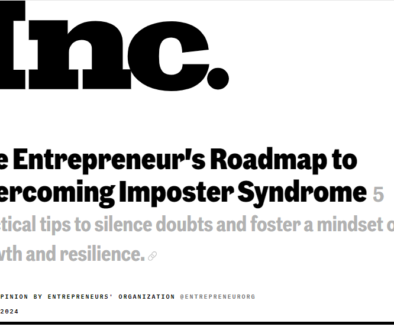Emotional Wellness: A Critical Component to Suicide Prevention

Globally, about one million people die each year from suicide, and one person commits suicide every 40 seconds. This was the tenth leading cause cause of death in America in 2017; currently, the country ranks 27th in the world with 15.3 suicides per 100,000 people.
Mental illness is often a taboo subject that many people ignore or dismiss as a less “important” illness. Most suicides have a diagnosable mental disorder, including depression. And with diagnosis comes a wealth of treatment options.
Depression: Signs That It’s Time to Get Help
Even people who appear perpetually happy find themselves in an occasional funk. But if you experience significant, unshakable feelings of hopelessness and despair, it’s time to reach out. Depression doesn’t look the same for everyone, but there are many common symptoms that signal you should get help:
- Constantly feeling tired.
- Sleeping too little or too much.
- Feeling always on edge and annoyed by everyone and everything.
- Losing your appetite.
- Experiencing chronic pain.
- Giving up on self-care.
- Losing interest in everything, including activities that used to bring you pleasure.
- Consciously choosing to isolate yourself from the world.
- Experiencing consistent pessimistic thoughts or feelings of self-loathing.
- Struggling to remember things or concentrate.
- Feeling numb without emotion — no happiness or sadness.
- Having regular, constant thoughts about dying.
In addition to depression, another major risk factor for suicide is substance abuse. Depressed and/or impulsive people often engage in high-risk behaviors that can lead to substance use and abuse. Addicts who suffer from withdrawal or intoxication make rash decisions because of impaired judgment. Their impulsivity also increases the possibility that they may commit suicide while also decreasing the likelihood that they will reach out for help.
Hopefully, you haven’t experienced suicidal thoughts. If you have, however, please seek help. The National Suicide Prevention Lifeline offers 24/7 support and a wealth of resources. If you want to seek professional help, many insurance companies cover mental health , so check your policy to see if you qualify. Also, for seniors enrolled in Medicare, counseling is covered under Medicare Part B. Additionally, seniors get one free depression screening every year, so make use of that resource if necessary.
Improving Your Emotional Health
If you experience depression, you can work to improve your emotional health. These steps may not remove all the pain, and it never hurts to connect with your doctor for stronger support to reset your emotional well-being. However, in the shorter term, consider incorporating some of these ideas into your daily routine:
- Whether you hit the gym each day, take a walk during your lunch break, or play with your kids at the park, exercise can decrease symptoms of mild or moderate depression.
- Invest in a new hobby. Some experts believe that cultivating a passion that brings joy is critical to strong emotional health.
- Eat and drink well. There’s nothing wrong with indulging in poutine or coffee crisps once in a while, but moderation is definitely key.
- Practice yoga or meditation. It’s an excellent way to manage feelings of stress.
- Stick to a healthy sleeping habit. Getting enough sleep results in more energy, better productivity, and reduced stress.
- Cultivate a circle of good, supportive friends. Researchers have conducted multiple studies that conclusively prove that having friends helps release stress and even helps promote brain health. Having a tribe on whom you can depend—who provide a listening ear when you need to get things off your chest—is critical to your emotional well-being.
Maintaining your emotional equilibrium can pose many challenges, especially when your world implodes and stress piles upon your shoulders. You shouldn’t view taking the time to care for your mental self as a luxury, but rather a necessity. If, however, you’re struggling to maintain the bare minimum of living and can’t shake feelings of anxiety or depression — or the simple self-care tips that worked before have lost their efficacy, and you’re seriously considering suicide — please seek professional help.
If you need assistance on this, or any other challenges, we can help. Contact us for your free 30 minute consultation.
Learn how to reduce depression.

At CWC Coaching, our team consists of licensed therapists, life coaches, and counselors. We assist clients with self-improvement, career development, negative self-talk, psychological pain, self-sabotaging behavior, past hurts and finding your purpose. If you are ready to increase your self-awareness and happiness, breakthrough limiting behavior and understand your purpose in life, we’d love to help guide you on this journey.




